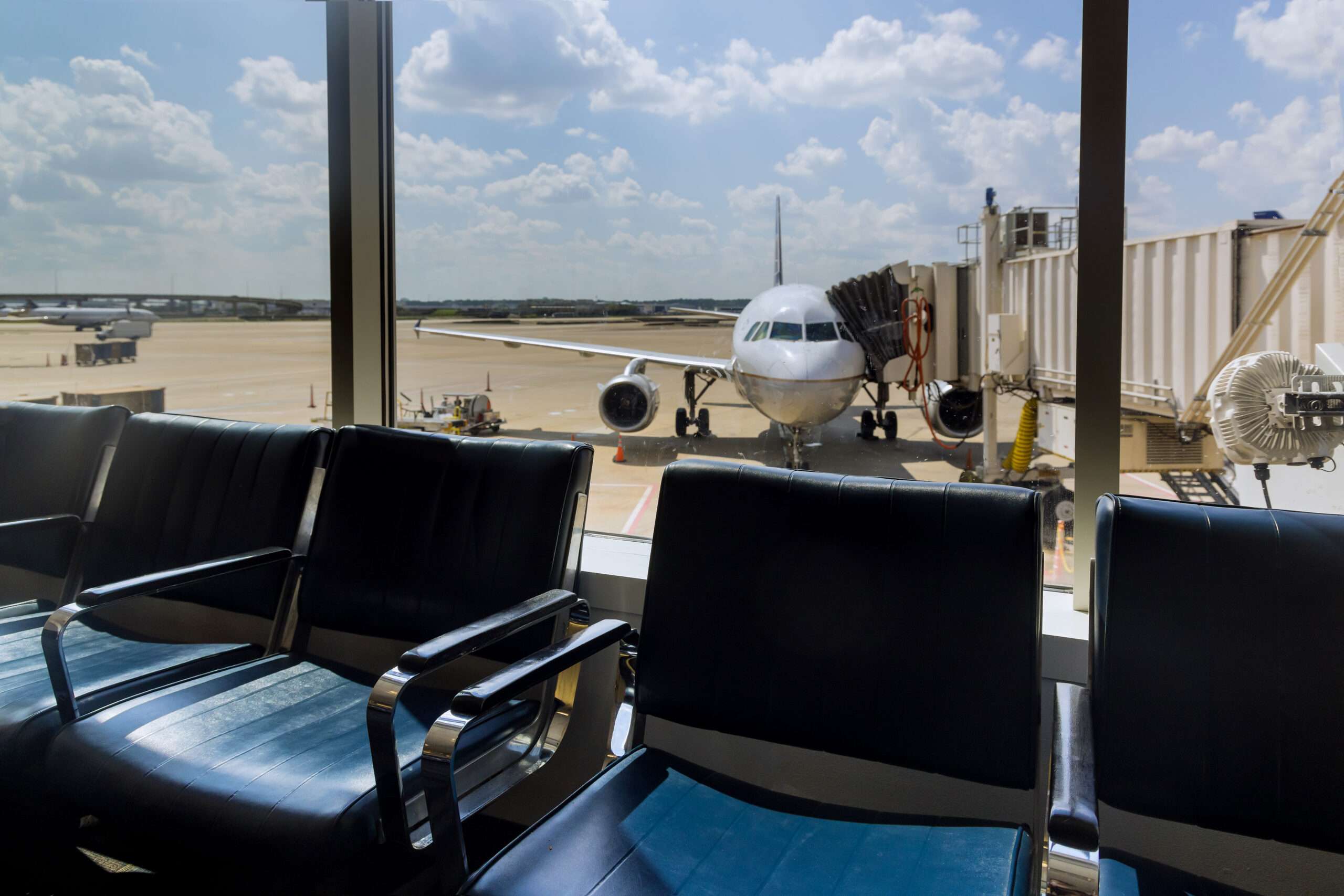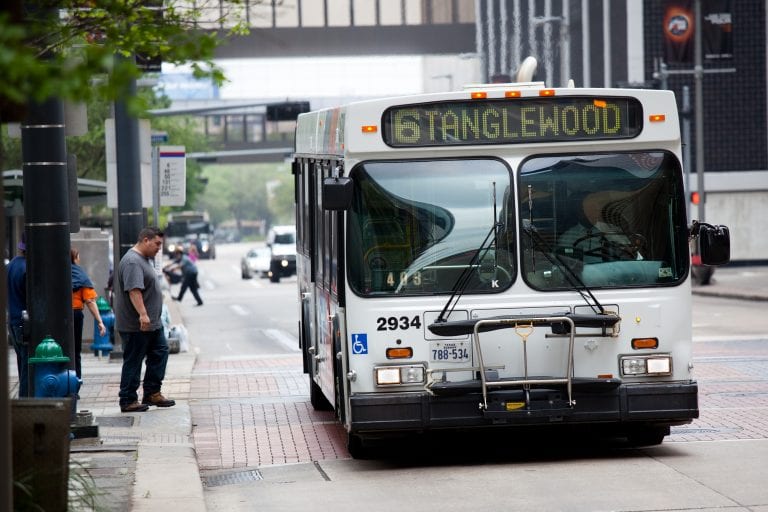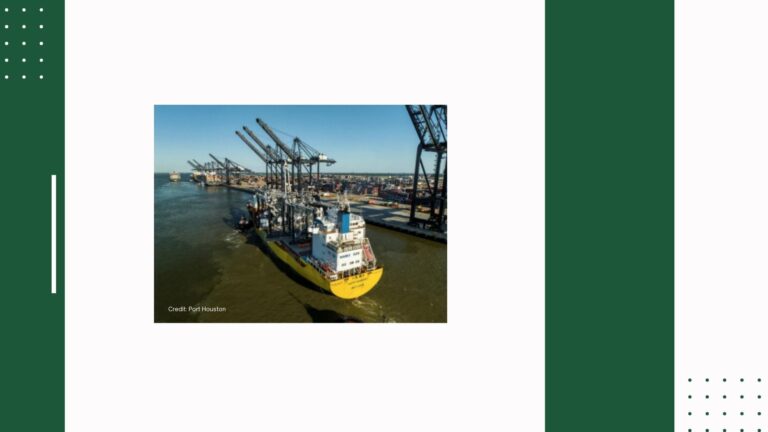
Dallas Fort Worth International Airport (DFW) contributes an estimated $38 billion in direct and indirect payroll support, $24 billion in visitor spending and about $5 billion in state and local tax revenue each year, according to the results of an updated economic impact study released today during the 2023 DFW State of the Airport. The airport also supports more than 634,000 direct and indirect jobs, according to the study.
“DFW Airport is an incredible asset driving the economic activity for our entire metro area, which is the fourth largest and fastest growing in the country. Since I became mayor, DFW has become the second-busiest airport in the world, supporting over 634,000 jobs across our region,” said Dallas Mayor Eric L. Johnson. “I truly believe we have the finest international airport in the country, and I look forward to working with the other members of the Board of Directors and the Airport’s leadership to further position DFW for continued growth and success.”
“Airports are not just gateways to the world, they are gateways for our community’s prosperity and progress,” said Fort Worth Mayor Mattie Parker. “DFW’s success as a job creator and economic engine is connecting our region to global audiences and enhancing economic opportunities for our businesses and residents alike.”
“We are proud to continue serving as one of the main economic engines not just in North Texas, but in the entire state of Texas,” said Sean Donohue, CEO of DFW International Airport. “DFW is committed to making the investments and developing the strategic relationships around the world that will lead to even more destinations, support new flights, create unforgettable travel experiences and attract the best talent in the industry.”
The updated economic impact study, conducted by the Perryman Group, is the first major update about DFW’s economic impact since 2015. The study shows visitor spending since that time has increased 24.7 percent ($19.2 billion to $23.96 billion), while the number of jobs that the airport supports grew 25 percent (508,272 to 634,789) during the same time. The Perryman Group estimates that DFW Airport operations and passenger spending led to an increase in annual tax receipts totaling approximately $7.1 billion to the federal government, $3.1 billion to the state, and nearly $2 billion to local government entities across the North Central Texas Region.
Additionally, during today’s State of the Airport event, DFW unveiled new video renderings and details about the upcoming reconstruction of Terminal C and the forthcoming new Terminal F – both of which will offer enhanced customer experiences in the near future.







